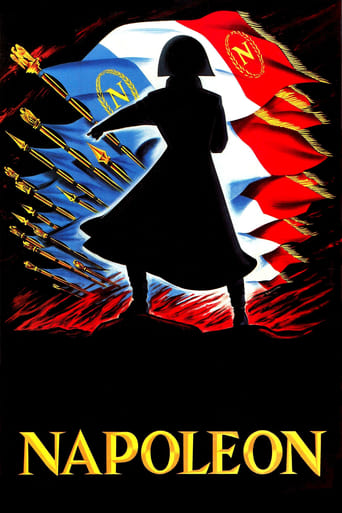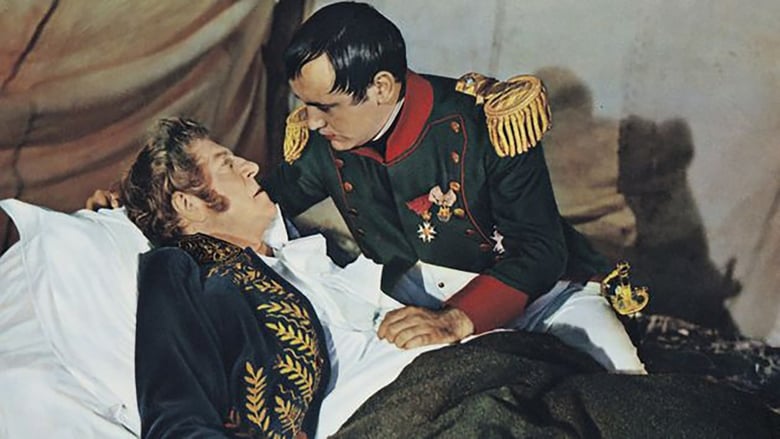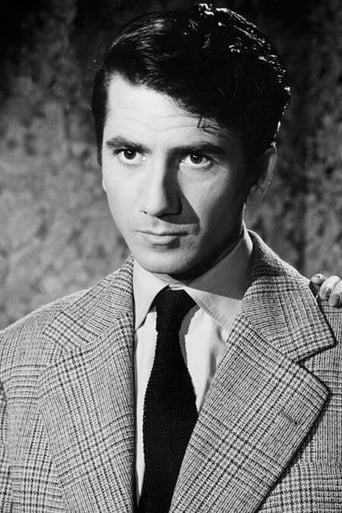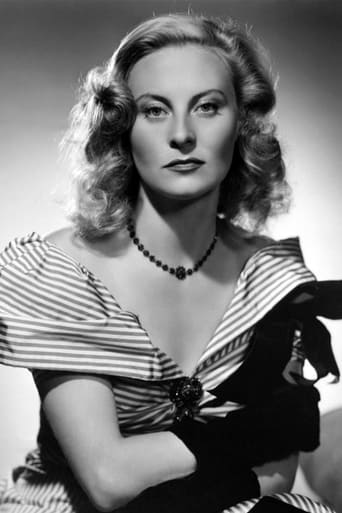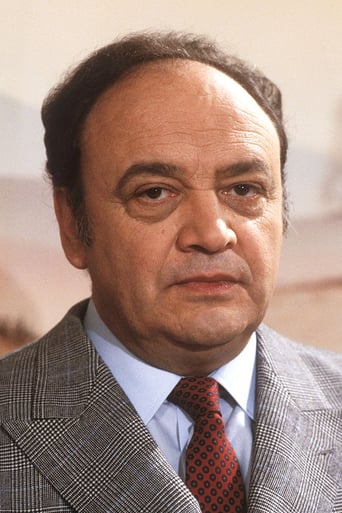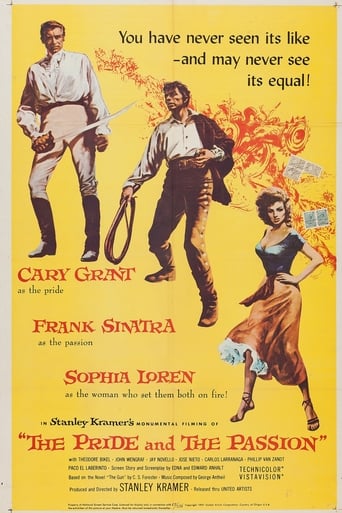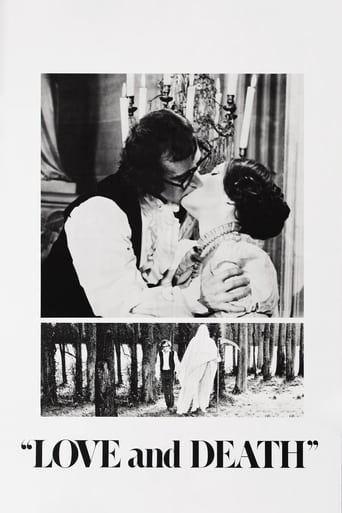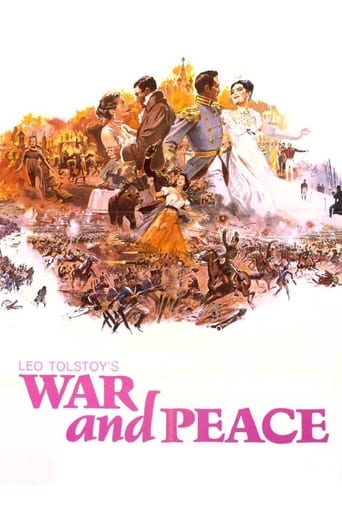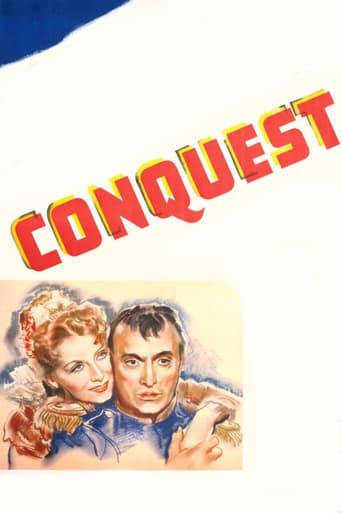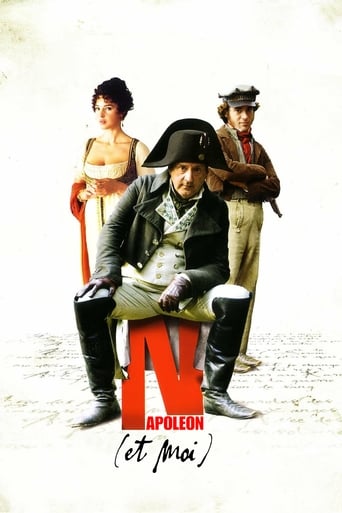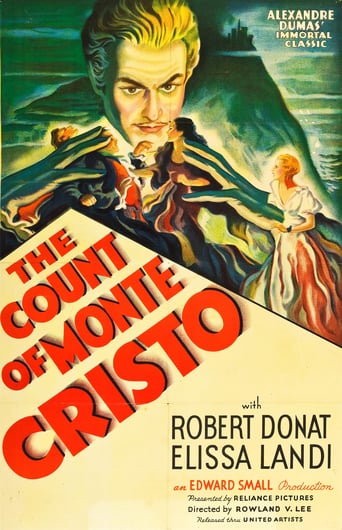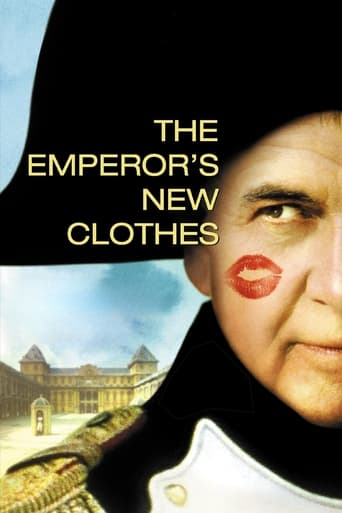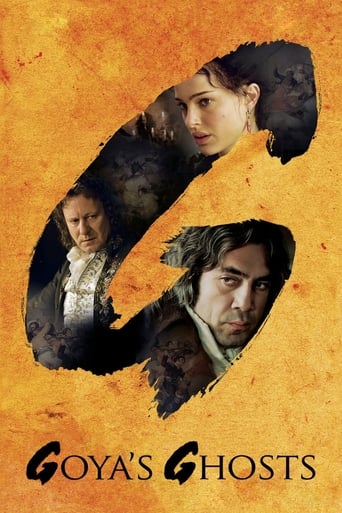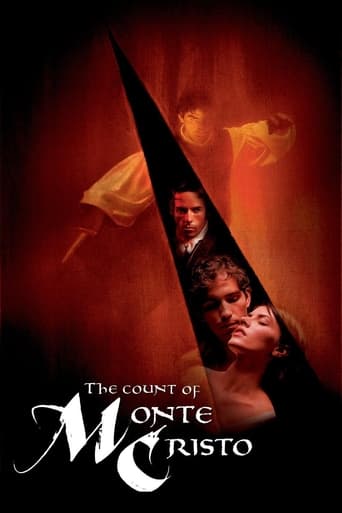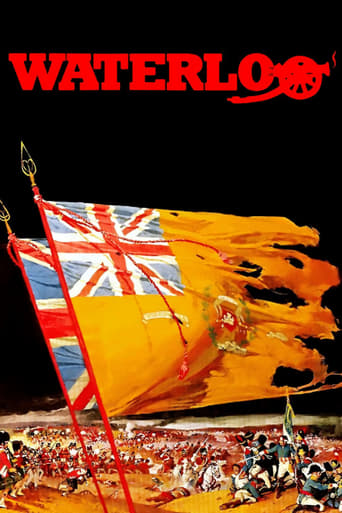Napoleon (1955)
The film follows the life of Napoleon from his early life in Corsica to his death at Saint Helena. The film is notable for its use of location shooting for numerous scenes, especially at the French estates of Malmaison and Fontainebleau, the Palace of Versailles, and sites of Napoleonic battles including Austerlitz and Waterloo.
Watch Trailer
Free Trial Channels
Cast


Similar titles
Reviews
Let's be realistic.
Instant Favorite.
I enjoyed watching this film and would recommend other to give it a try , (as I am) but this movie, although enjoyable to watch due to the better than average acting fails to add anything new to its storyline that is all too familiar to these types of movies.
It's a movie as timely as it is provocative and amazingly, for much of its running time, it is weirdly funny.
There are people who despise Napoleonic love films, and I am one of them, because they have almost nothing to do with the true character of Napoleon. There are so very few Napoleon war epics that finding this seemed great. This movie makes those sappy love films look good.I start off by saying it is incredibly boring; practically unbearable. Second, cramming Napoleon's life into such a short time frame is ludicrous; that's a job for Kubrick.Now, most people don't like to nitpick, but I do, and these things not only make for a bad historical film, but just a bad film in general.1. Too much reliance on narration; almost no speaking lines.2. Toulon taking place on a bright sunny day? 3. Napoleon's 1790's uniform looks like it was made by a 4th grader's mother.4. "Whiff of grapeshot" taking place on a bright sunny day? 5. Tell me the point of the garden dancing scene.6. Napoleon's charge at the Bridge of Arcole mysteriously morphs into a painting.7. Napoleon's Egyptian servant was a black man in a Santa Clause costume? 8. To transition from the young looking Napoleon to the older Napoleon, the director uses a "new haircut" scene, in which he just switches the actors. Tell me that isn't clever film-making! 9. The mighty Battle of Austerlitz in interrupted by a giant green laser. I'm not kidding.10. The helmets of the Imperial Guard troops are about three times as large as they should be. You cannot look at them without laughing.11. During a battle with Austria, an Austrian grenadier randomly decides to do an awe-inspiring front flip while charging down a hill. Bravo.12. The spectacle of Moscow burning is obviously a model set up 3 feet from the window set piece.13. Waterloo was pathetic. Napoleon had one poorly dubbed line in the entire scene. A British soldiers gets smacked in the face with a cherry bomb. The Old Guard sings. The suspense of whether it was French or Prussian reinforcements lasts about half of a second. French and British troops charge each other, reach each other, and then stand there.14. Orson Welle's "me not talk-talk" acting technique makes him look like Frankenstein in a British uniform.15. Napoleon returns as a zombie at the end of the film.16. The "The End" title card looks like it was borrowed from "West Side Story".This film is good to laugh at, but as far as a Napoleonic film goes, or a film in general, it is by no means worth your time. Avoid it like the plague. Try Abel Gance's "Napoleon" or perhaps "Waterloo".
"You can pretend to be serious; you can't pretend to be witty." Sacha GuitryGuitry would have been very amused by some the comments posted here. It never was his intent to do an historically accurate movie. Anyone slightly familiar with his filmography knows the subtle derision he infused in all his storytelling. I found that movie very entertaining but I know, as some of my fellow commentators should too, that for factual accuracy one must look elsewhere. I too recommend his rendition of the highs and lows of the French monarchy in " Si Versailles m'était conté ".
Except that this film is short, I was tempted to call it "NAPOLEON BLOWN-APART", but that suggests the film is actually long and has some degree of detail. THis monstrosity is under ninety minutes. There are short films about Napoleon, but they concentrate on one aspect of the man. CONQUEST deals with Napoleon and his Polish mistress. DESIREE with his relationship with Desiree Clary Bernadotte, the future Queen of Sweden. This was Sacha Guitry's attempt to do a complete account of Napoleon's thirty year career as a world figure, in a totally inadequate amount of time.The French version of the film actually has some continuity lacking in the English version. But most people in the U.S. have seen (if they have seen it at all) the English version. It is best known because of the cameo appearances, in particular of Orson Welles as General Hudson Lowe (who? - he's the British official who was appointed to be the jailer of Napoleon on St. Helena, but who managed to botch his assignment) and Eric Von Stroheim (very briefly) as Beethoven. Guitry, a talented boulevardier type, essayed the role of Talleyrand. None are shown to great advantage.It is set (apparently) in 1821, with Guitry in his Paris salon, talking to his intellectual friends, upon hearing the death of his former master. To be truthful, knowing Talleyrand, he would have said a word or two about Napoleon but then turned to more interesting current matters. The film does not go into the collapse of the relationship between the great Emperor and his gifted Foreign Secretary. Talleyrand was noted for his selfish ability to destroy a government that was no longer benefiting him, and then reappear in a more powerful position in the next regime. He helped destroy about seven of them, including Napoleon's. Historians have despised his selfishness, but they have usually praised him for knowing when to ditch the Emperor (Talleyrand was wary of the constant warfare, which the Emperor did not seem to know when to stop - he seemed to be using war to cover previous failures of policy, and to build up his remarkable reputation). The final blow was when Napoleon discovered that Talleyrand had been contacting Metternich and other foreign adversaries about undercutting Napoleon's diplomatic forays. In front of the whole court Napoleon cursed out Talleyrand, calling him a silk stocking full of "merde". He then left the court with his chief courtiers. Talleyrand watched thoughtfully, and said, "How sad that such a great man is so vulgar!" He redoubled his activities, assisted by his rival and foe (usually, but not here) Joseph Fouche, the head of the secret police. In 1814-15 they beat Napoleon at last.None of this is in the movie (at least the English version) that we see. Talleyrand is very philosophical, telling the story of the rise, fall, and rise of Napoleon and his legend. But in cramming the events from 1785 to 1821 we get a too rapid outline. The film though does even more than this. Talleyrand tells of how Napoleon's remains are returned to France for burial in Les Invalides (his magnificent tomb in Paris). But this happened in 1840, ordered by King Louis Philippe for popularity reasons. Only problem is that Talleyrand was dead by 1838.Since Welles is in the film for about two minutes, I might as well discuss this. In 1955 he was filming CONFIDENTAL REPORT (a.k.a. MR. ARKADIN), and (like OTHELLO) he was partly paying for it himself. So Welles was willing to appear in many films (especially in France) in bit cameo roles. His part is that of Lowe, who was a mediocre military figure who got the job as a last choice (the first choice, the Duke of Wellington, felt he and Bonaparte could never share an island together). Lowe was introduced to Bonaparte in the latter's residence of Longwood, and Bonaparte was polite like a host. But Lowe just glowered at him (as Welles does here). Bonaparte, quickly judging the idiot that he was stuck with, put his own hat on to show his contempt. It never improved, but we only see this scene.After Bonaparte died, his aides wanted a suitable tomb for him, but every time they presented a statement for the tombstone (General of the Armies, Emperor of France), Lowe turned down the recommendation. In disgust, they suggested a blank tombstone. Stupidly, Lowe agreed (as a surprised Welles does). Lowe never realized how truly eloquent the empty tombstone was - loyal Bonapartists from around the globe would know at that tombstone that no words could describe the giant who was under it adequately. Napoleon really did not need Les Invalides, but the French wanted to do it properly.The film is a total waste as a decent historical chronicle. Catch the 1927 Abel Gance classic, or CONQUEST or even DESIREE (even though it is a wretched film in it's own right - at least it gives the viewer some idea of how Sweden's modern royal family came into power). Catch the Armand Assante two part television movie about Napoleon and Josephine. But, unless you want to see all of Orson Welles or Eric Von Stroheim's performances, ignore this one. For Orson and Eric I give this a three.
This poorly made inexcusable film tries to be too sympathetic to Napoleon and is loaded with innumerable historical inaccuracies. Talleyrand doing the narration is absurd to begin with since he continually back stabbed Napoleon at every turn. Whether one loves the Emperor or loathes him, this movie will only bore you to tears. The acting is wooden and monotonous with the characters all indistinguishable from each other. The famous Battle of Waterloo is given all of one minute without even mentioning Napoleon's opposition and the retreat from Moscow isn't even shown at all. Anything worthwhile that Napoleon did in his lifetime is also completely left out. Lastly, Orson Welles as Sir Hudson Lowe (Napoleon's jailer on St. Helena) is the most incredible case of miscasting I've ever seen in any movie. It just shows how far Welles' stock had fallen in Hollywood to be involved in this farce just for a paycheck. Abel Gance's "Napoleon" from 1927 is still the film to see if one is interested in the life of the Emporer. Napoleon was at least an entertaining and animated conqueror/dictator. In this 1955 version starring Daniel Gelin, he is merely a glaring monosyllabic moron.

